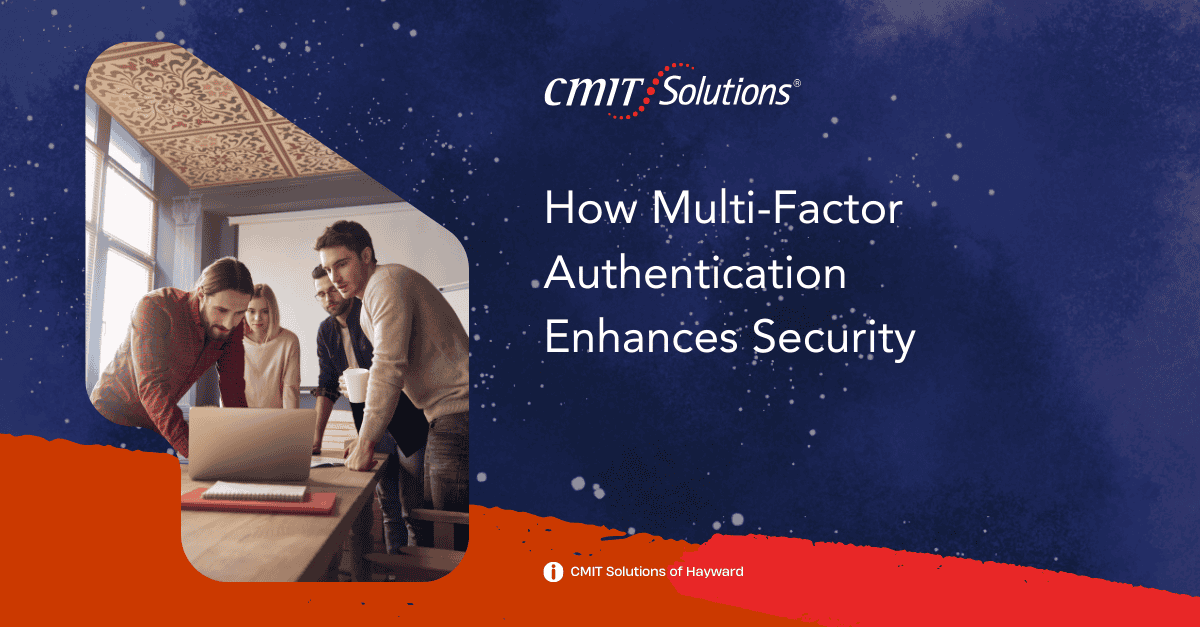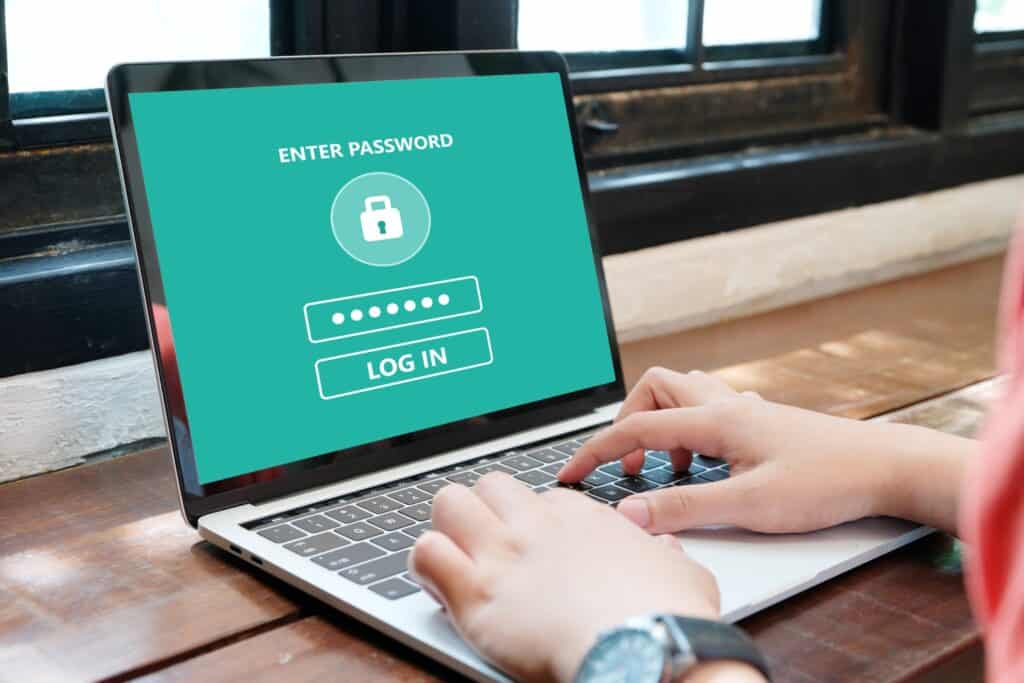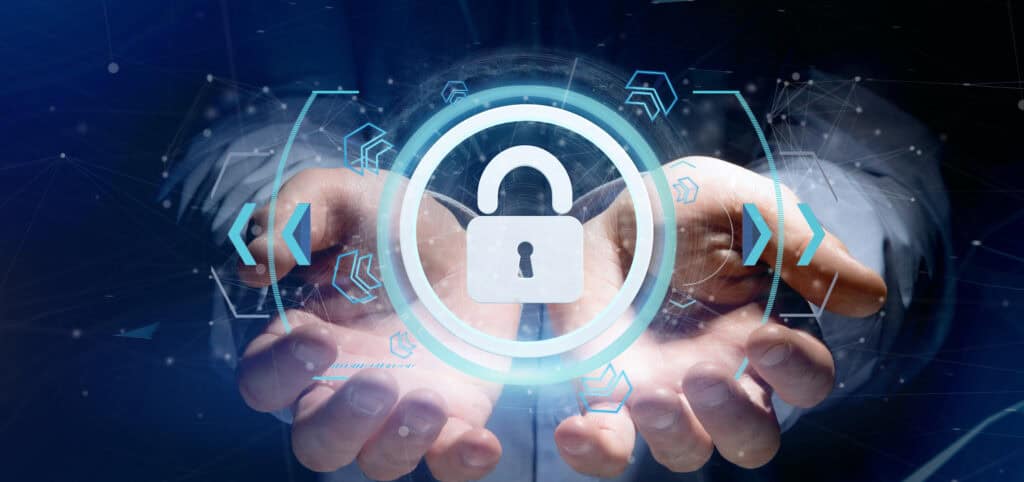With cyber threats constantly evolving, relying solely on passwords for security is no longer enough. Businesses must adopt advanced security measures to protect sensitive data and systems from breaches and unauthorized access. Multi-Factor Authentication (MFA) is one of the most effective ways to enhance your security posture, offering an additional layer of protection against modern cyberattacks.
In this blog, we’ll explore how MFA works, its role in improving security, and why implementing it is essential for businesses. We’ll also look at how CMIT Solutions of Hayward can help your organization adopt MFA effectively.
What Is Multi-Factor Authentication (MFA)?
MFA is a security mechanism requiring users to verify their identity using two or more factors before accessing systems, networks, or applications. These factors generally fall into three categories:
- Something You Know: Passwords, PINs, or answers to security questions.
- Something You Have: A smartphone, security token, or smart card.
- Something You Are: Biometric data, such as fingerprints or facial recognition.
This layered approach ensures that even if one factor, like a password, is compromised, the attacker cannot access the system without the additional verification step. This makes MFA an integral part of modern cybersecurity strategies provided by CMIT Solutions of Hayward.
How Does MFA Work?
When a user logs into a system protected by MFA, they typically follow this process:
- Enter Credentials: The user provides their username and password, which serves as the first layer of security.
- Additional Verification: The system prompts the user for a second factor, such as a code sent to their smartphone or a biometric scan.
- Access Granted: Once both factors are verified, the user is granted access.
With its ability to protect against credential theft, MFA adds a robust layer to your IT support infrastructure, which is essential for smooth operations. Learn more about IT support here.
Key Benefits of MFA for Businesses
1. Prevents Unauthorized Access
Passwords are often the weakest link in security. Cybercriminals can steal passwords through phishing or brute-force attacks. MFA makes it nearly impossible for attackers to access systems, even if they obtain passwords. This added layer of protection strengthens your network management and ensures reliable operations.
2. Reduces Phishing Risks
Phishing remains a common method for hackers to gain access to sensitive information. Even if an employee falls victim to phishing, MFA acts as a fail-safe by requiring an additional verification step. Explore cybersecurity strategies to protect your business.
3. Secures Remote Work
With hybrid and remote work models becoming more common, securing access to company resources from various locations is critical. MFA ensures that remote employees can securely log into cloud-based systems without compromising data integrity. Our cloud services include secure solutions tailored for remote work. Learn more about our cloud services here.
4. Enhances Compliance
Many industries, including healthcare and finance, mandate the use of MFA to meet compliance requirements such as HIPAA, PCI DSS, and GDPR. Implementing MFA is a simple yet effective way to ensure your business remains compliant with these regulations. Find out how compliance services can help you.
5. Builds Customer Trust
When businesses demonstrate a commitment to protecting data, customers and partners feel confident in their security practices. By integrating MFA into your managed services, you signal to stakeholders that their information is safe. Explore managed IT services here.
Types of MFA Methods
Businesses can choose from several MFA options depending on their needs and infrastructure:
- One-Time Passwords (OTPs): Time-sensitive codes sent to a mobile device or email.
- Push Notifications: Real-time prompts sent to a user’s smartphone, requiring approval to complete the login process.
- Biometric Authentication: Fingerprint scans, facial recognition, or retina scans.
- Hardware Tokens: Physical devices that generate secure, unique codes for authentication.
- Authenticator Apps: Applications like Google Authenticator or Microsoft Authenticator generate time-sensitive codes that users enter during login.
Implementing these options strengthens your cybersecurity measures while ensuring ease of use for employees. Learn more about how we can guide you through implementing the right MFA solution.
Overcoming Common MFA Challenges
1. User Resistance
Employees may find MFA inconvenient or difficult to use. To address this, businesses should educate their teams on the importance of MFA and provide training on its use.
2. Integration Complexity
Integrating MFA into existing systems can be challenging. Our IT guidance services ensure that MFA is implemented seamlessly into your infrastructure, with minimal disruption to operations. Learn more here.
3. Compatibility with Legacy Systems
Older systems may not support modern MFA methods. We can help upgrade your systems through IT procurement to ensure compatibility with advanced security tools. Discover how IT procurement can modernize your infrastructure.
4. Balancing Security with Usability
While security is paramount, businesses must also ensure that MFA solutions do not overly complicate the user experience. With the right configuration, MFA can be both secure and user-friendly.
Why Your Business Needs MFA
1. Protects Sensitive Data
Businesses handle sensitive data daily, from customer records to financial information. Implementing MFA ensures that only authorized personnel can access this data, safeguarding it from breaches and unauthorized use.
2. Aligns with Zero-Trust Security
MFA is a cornerstone of zero-trust security models, where no user or device is trusted by default. By requiring multiple layers of authentication, MFA helps businesses adopt a proactive approach to security.
3. Ensures Business Continuity
Cyberattacks can disrupt operations, leading to financial losses and reputational damage. MFA prevents such incidents by adding an extra layer of defense, ensuring that your business can operate without interruptions. It’s a critical component of your data backup and disaster recovery strategy. Learn more about data backup here.
4. Prepares for Future Threats
As cyber threats become more sophisticated, businesses must adopt scalable and future-proof security measures. MFA evolves with emerging technologies, ensuring your business stays ahead of potential risks.
How CMIT Solutions of Hayward Can Help
At CMIT Solutions of Hayward, we specialize in helping businesses implement and manage robust cybersecurity solutions, including Multi-Factor Authentication. Here’s how we can support your business:
- Custom MFA Implementation: We tailor MFA solutions to your unique business needs, ensuring seamless integration with your systems.
- Proactive Security Monitoring: Our managed services include 24/7 monitoring to ensure your MFA solutions are always functioning effectively.
- Compliance Support: We help you align with industry standards and regulations through expert compliance solutions.
- Comprehensive IT Services: From network management to cloud services, we provide end-to-end IT solutions to strengthen your overall infrastructure.
Contact us today to learn how we can enhance your business security with Multi-Factor Authentication.
Conclusion
In an era where cyber threats are more prevalent than ever, Multi-Factor Authentication is a vital tool for securing business systems, protecting sensitive data, and ensuring compliance. By adding multiple layers of verification, MFA significantly reduces the risk of unauthorized access and builds a robust foundation for your business’s cybersecurity strategy.
At CMIT Solutions of Hayward, we’re committed to helping businesses implement cutting-edge security solutions that protect their operations and data. Ready to enhance your security posture? Reach out to us and let our experts guide you through the process.
For more insights into IT and security best practices, check out our blog. Together, we can build a secure, resilient, and future-ready business.




